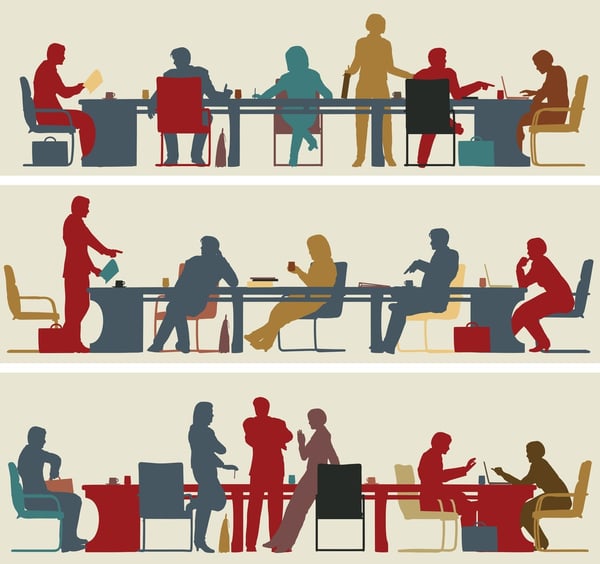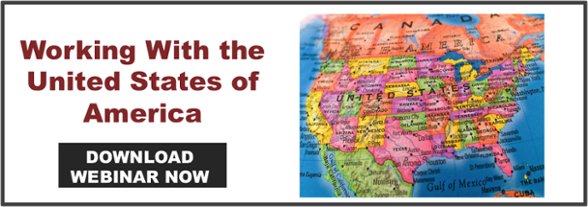
Our guest blogger today is Varun Bhaskar, a Human Capital Leader for PwC in India.
Below are some of my personal observations and feedback that I received which, in hindsight, I wish I’d known earlier to have had a greater and quicker positive impact with my US colleagues. Here's a link to 1-5, in case you missed it.
6) Physical appearance: I learned to dress to impress. I realised that my physical appearance is considered an extension of my personality and also the brand of the firm. I rarely saw a US colleague dressed inappropriately, especially at a social or an official gathering. I observed that “neatly groomed” for men included wearing appropriate well-ironed clothes, polished shoes, and matching socks and belt. Usually women would wear closed high heeled shoes, muted jewelry, handbags or a purse with matching outfits, subtle make-up and mild perfume. I researched online for suggestions related to dress codes for different occasions. I also asked my colleagues in case of any confusion. Even for a weekend sports event, I made sure to dress appropriately. Unlike how I was raised in India where there is less emphasis on exercise, I found it was well worth my time to improve my physical fitness by running, cycling, and strength training. It not only improved my health and physical appearance, but also helped me in dealing with stress and my mental wellbeing.
7) Time management: I observed that in the US, time is something that should be controlled. I kept hearing the phrase “Time is Money,” which is something to be spent or saved. I noticed frustration or annoyance when someone felt that another person was wasting their time or not respecting it by being late. Growing up in India, my family placed greater emphasis on the quality of relationships than the sense of urgency in time. I learned here that punctuality is expected and appreciated, both in business and social situations.
8) Strong expressions: I found that many of my colleagues who were raised in the US were very expressive and confident. I was raised in an environment where expressing oneself very strongly is considered to be rude, especially in front of elders and senior professionals. It’s often entirely different for those raised in a Westernized culture. I learned to share my point of view respectfully even if I was in front of my senior leaders in the firm. I was pleased to find that my ideas and fresh perspectives were valued.
9) Diversity: Just as how I was raised in India, I noticed that many raised in the US also take pride in their cultural diversity. The message that I took to heart is that everyone is valued and important. Diversity is America’s 21st century strength. I believe I’m inclusive and respectful enough to give equal respect to people from all classes, genders, races, ethnicities, and sexual orientation. I’ve always been cautious and avoided humour with ethnic or religious connotations.
10) Commitment to excellence: I noticed that many people here are really passionate about what they do. It seems like people raised in America are often encouraged to choose a profession they love. Unlike India, where many of my family members chose a profession that their parents or society considered the best for them. I’ve never seen anyone doing his or her job half-heartedly here. Everyone always gives the best quality deliverable!
I hope you can make use of these tips. I’ve heard many professionals who’ve come to the US from India tell me that they experienced a few, if not all of my challenges shared above. It’ll be my privilege and pleasure if my story can help you bridge the differences and work effectively in a cross-cultural environment.
More on our guest blogger:
Varun has always followed a data-driven approach to HR solutions and is passionate about people, their diversity & cultural dexterity, and believes these traits are the key to innovation and competitiveness in the 21st century. Varun holds a Bachelors in Commerce, an MBA in Human Resources & Marketing, and a PhD in Organizational Development & Effectiveness.
Want to continue the cultural learning? Download our Working With the USA webinar below!


